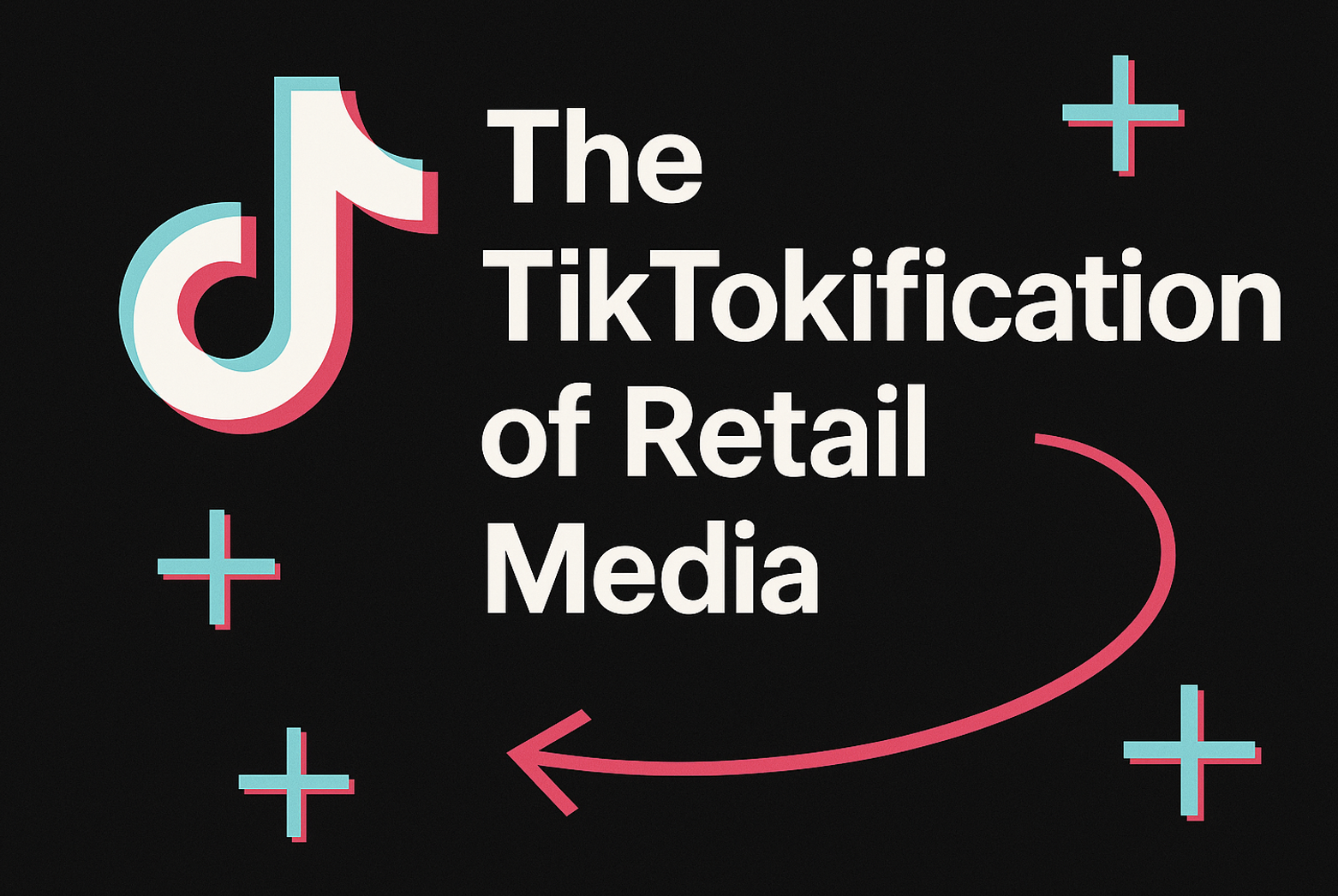More than a third (35%) of online shoppers in the UK will only associate with ‘responsible’ brands – including those that treat staff fairly, source goods ethically, and do not misuse consumer data.
The data, which was obtained via a Censuswide survey of 4,000 online shoppers from the UK for discovery platform Empathy.co, also reveals that half of consumers (47%) prefer to shop with brands they trust, and 22% will pay more those trusted brands.
In fact, 40% of surveyed shoppers said that they don’t like being asked for unnecessary or sensitive data, and 37% said that they would like more control of the data that businesses have on them, due to an inherent mistrust around how their data is being harvested, used or sold by these brands.
The survey also revealed that 31% of online shoppers prefer to associate with brands that are green, and use ecological packaging in their deliveries, and 37% actively try to order local, or national, to reduce their carbon footprint.
The appetite for online shopping has not slowed down either, the Empathy.co research concluded. For example, 49% of consumers revealed that they will not stop shopping online, even now that lockdown has lifted, and 30% even revealed that ‘online’ will be their default option for 100% of their shopping moving forward.
Conversely, only 13% don’t consider their online shopping behaviour to have an environmental impact, and 20% don’t think about the environment at all when buying online.
Angel Maldonado, Empathy.co Founder & CEO, comments: “The appetite for ethics and responsibility in online brands is clearly surging, and competition is fierce when customers have a plethora of options, should they realise that their ‘favourite’ brand is not treating staff fairly, sourcing goods responsibly, or utilising customer data ethically.”
Maldonado adds: “To convey trustworthiness, businesses need to adopt a transparent approach to their operations and communicate these intentions in every aspect of what they do. This requires brands to invest in a website and search and discovery function that is efficient and private by design, whilst remaining open and honest about how they use customer preferences and where they source goods and services.”









